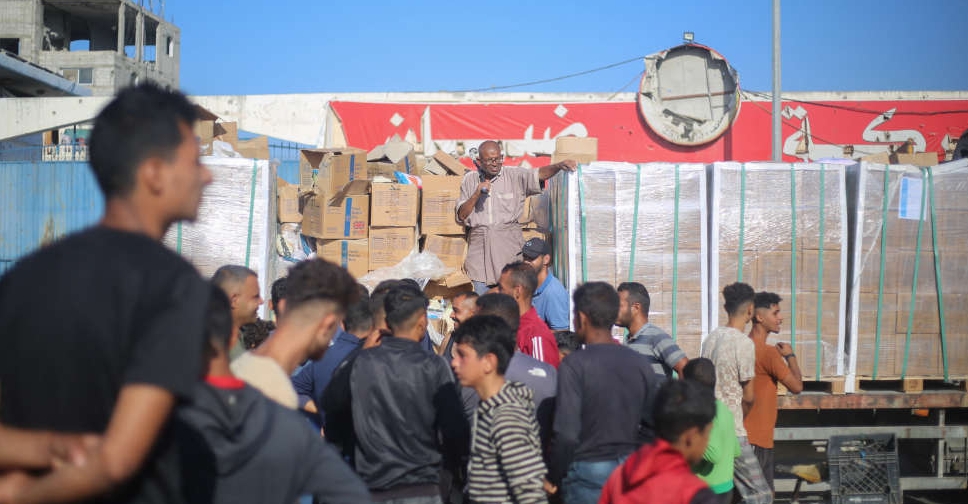
The UN World Food Programme said on Tuesday that supplies into Gaza were ramping up after the US-brokered ceasefire but were still far short of its daily target of 2,000 tonnes because only two crossings are open, and none to the famine-hit north of the enclave.
Around 750 metric tonnes of food are now entering the Gaza Strip daily, according to the WFP, but this was still well below the scale of needs after two years of conflict between Israel and Hamas that has reduced much of Gaza to ruins.
"To be able to get to this scale-up, we have to use every border crossing point right now," WFP spokesperson Abeer Etefa told a Geneva press briefing.
NOT ALL CROSSINGS OPEN
She said only two of the Israeli-controlled crossings into Gaza were operational - Kerem Shalom in the south and Kissufim in the centre.
The ceasefire plan brokered by US President Donald Trump envisages "full aid" being sent into Gaza. An Israeli security official said that humanitarian aid continues to enter through the Kerem Shalom crossing and additional crossings in accordance with the plan, without naming them.
Israeli Prime Minister Benjamin Netanyahu said on Saturday the Rafah border crossing between Gaza and Egypt will remain closed until further notice, with its reopening dependent on Hamas handing over bodies of deceased hostages.
The UN children's agency spokesperson Ricardo Pires said on Tuesday the humanitarian response was still far below the required scale and called for all entry points to reopen.
Some nutrition supplies for children and pregnant women have reached the north via the south, Etefa said, but far short of the level required.
NO ACCESS TO ROAD RUNNING LENGTH OF GAZA
"We haven't had large-scale convoys into Gaza City or to the north of Gaza," she said, adding that WFP had not been granted permission to use the main north-south Salah al-Din road.
Food supplies delivered so far are enough to feed around half a million people for two weeks, she said.
Many Gazans were storing the food they are receiving because they are afraid that supplies might again dry up.
"They eat part of it, and they ration and keep some of the supplies for an emergency, because they are not very confident how long the ceasefire will last and what will happen next," she said.

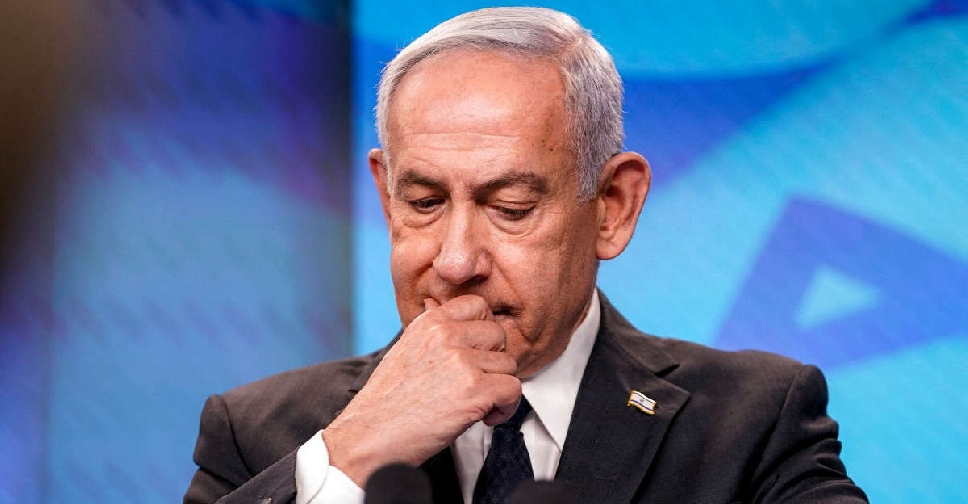 Israeli PM says he will meet Trump, second phase of Gaza plan 'close'
Israeli PM says he will meet Trump, second phase of Gaza plan 'close'
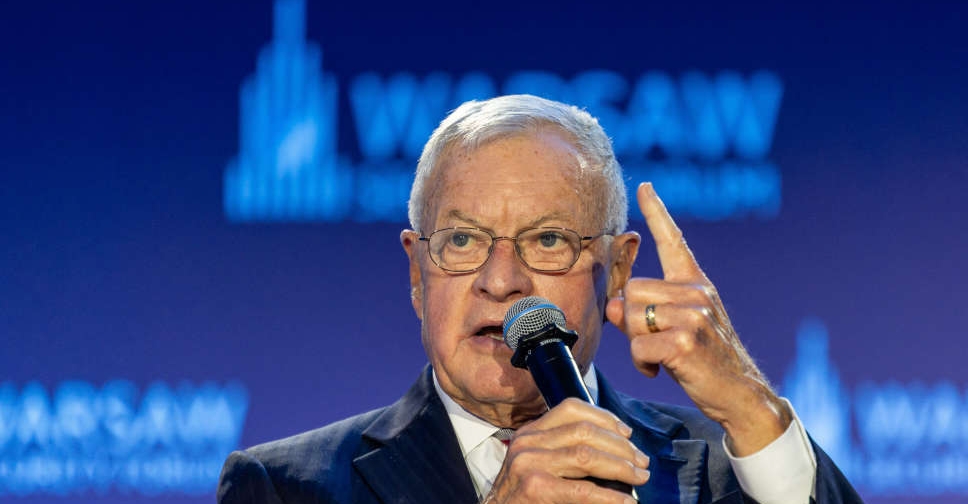 US envoy Kellogg says Ukraine peace deal is really close
US envoy Kellogg says Ukraine peace deal is really close
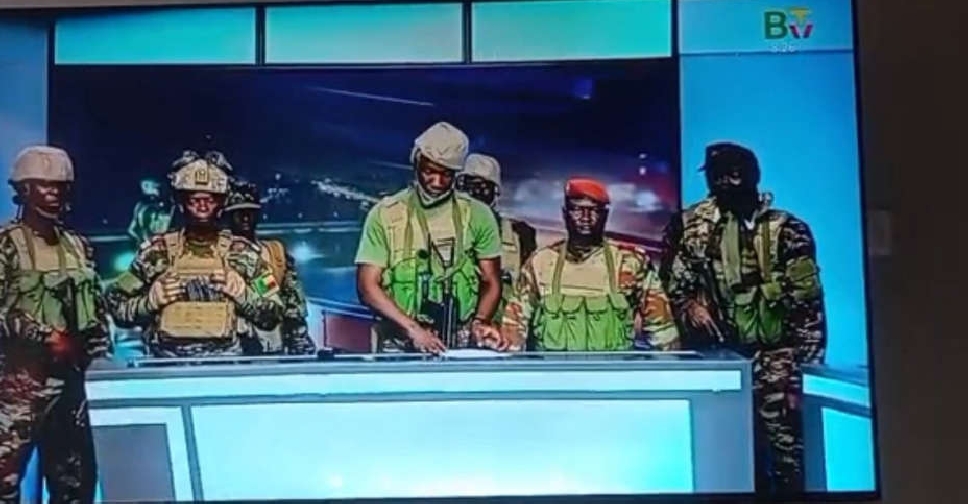 Benin minister says armed forces foil coup attempt
Benin minister says armed forces foil coup attempt
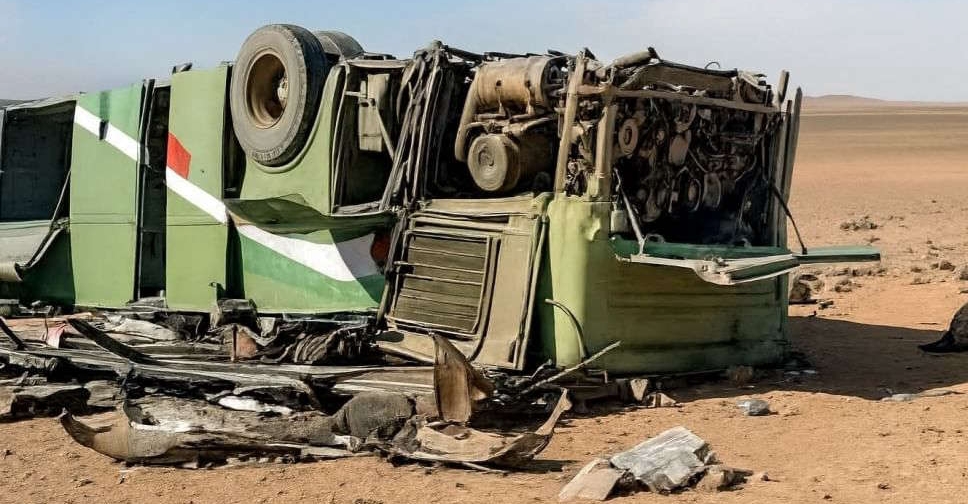 Bus crash kills 14, injures 34 in Algeria
Bus crash kills 14, injures 34 in Algeria
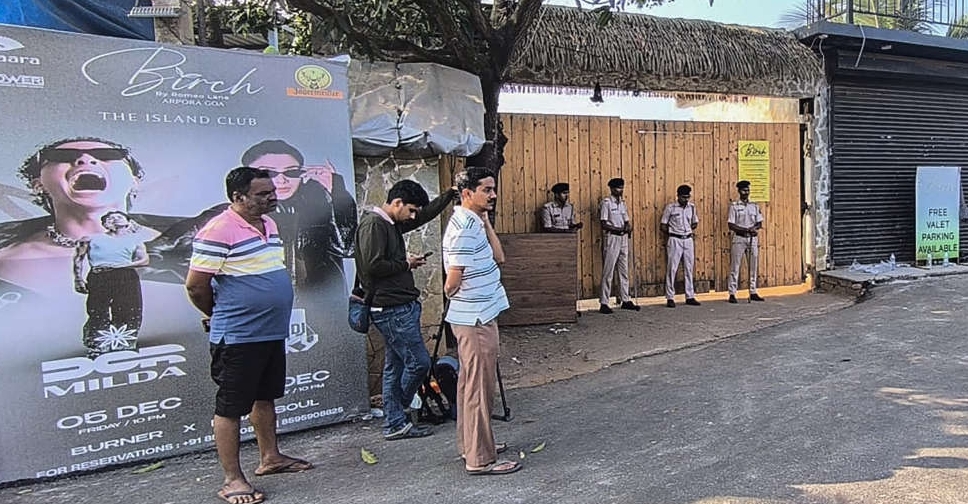 Fire in India’s Goa state kills at least 25
Fire in India’s Goa state kills at least 25




